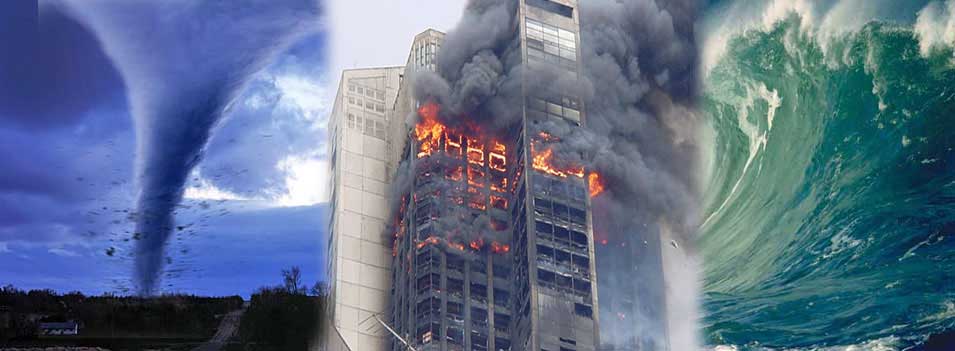When Disaster Strikes, Dentists Can Be a Valuable Resource
A California forensic dentist says there are a variety of roles dentists can play in the event of a major disaster. He's urging dentists to contact local authorities to volunteer.

The recent series of disasters in the U.S. and abroad have many dentists wondering how they can help.
The final month of summer brought no shortage of major natural disasters to America’s southern shores and its southern neighbors. Those disasters, in turn, brought out thousands of volunteers, all asking one question: “What can I do to help?”
For dentists, it turns out there are many different ways to participate. Unfortunately, many dental professionals don’t realize the role they can play, according to Anthony Cardoza, DDS.
Cardoza is a practicing dentist in California and the forensic dentist for the County of San Diego. He says dentists can use their skill sets in many ways following a disaster.
Cardoza will discuss the dentist’s role in disaster response during a talk at next month’s American Dental Association meeting in Atlanta, GA.
Cardoza told Dentist’s Money Digest he believes every dental health care professional (DCHP) should have an understanding of their community’s needs in the event of an emergency.
“As trained health care professionals, we have skills that can be utilized to assist the Office of Emergency Services (OES) and/or Department of Public Health (DPH),” he said. “This assistance would involve minimal training.”
For one, dentists can assist trained forensic dentists in the task of post-mortem and antemortem victim identification.
“Training would be moderate for the typical DHCP who has no experience in forensics,” he said.
Dentists can also help out by leveraging more basic medical skills.
For example, in the event of a bioterrorism event, many localities have plans to set up mass inoculation centers. Those centers need to be staffed by trained health care professionals, and Cardoza said dentists would be able to perform the work with minimal additional training.
Dentists could also assist with health history screenings, patient education and triage.
Cardoza’s knowledge of disaster response comes largely from his work as a forensic dentist, but he also has experience on the other side of a disaster.
“The Southern California wildfires I experienced in both 2003 (Cedar Fire) and 2007 (Witch Creek Fire) were disasters at my doorstep,” he said. “In the 2003 event, I was forced to evacuate on the second day of that event. Fortunately, my home was spared. On the third night of that event, I was identifying the burned remains of recovered victims of that event.”
Cardoza noted that disasters can come in many shapes and sizes, and he said the need for assistance from dentists will vary based on the population of a given area and the size of a particular jurisdiction.
When he gives talks on disaster response, he urges dentists to look for ways to help out. That message seems to resonate. The number one question he gets after he speaks is, “How do I get involved?”
“My answer is always to contact the regional DPH or OES to inquire about participation in an emergency response team,” he said. “Some states, like Illinois for instance, have a dental emergency response team. If your interest is forensics, contact the local medical examiner or coroner’s office to put you in contact with their forensic odonatologist.”
Cardoza said it’s important for dentists to be proactive and find out what role they can play before disaster strikes.
“The bottom line is we all need to prepare in advance so that if that day ever occurs, we as a group are prepared to assist,” he said.